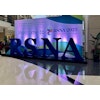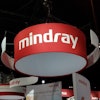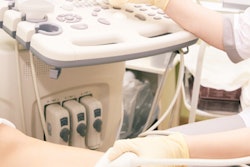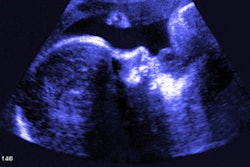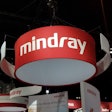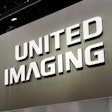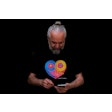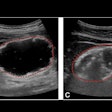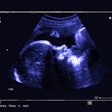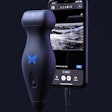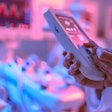Dear AuntMinnieEurope Member,
It might seem more suitable for a business exec than a caregiver, but the simple act of giving a card with your contact information to patients might be a smart idea.
Research from Switzerland and Austria has found that handing over a business card at the end of an examination can do much to build a patient-doctor relationship. Perhaps it's worth a try. Let us know your own thoughts and experiences in our Forums.
Another big story this week was the publication of new statistics about patients' allegations involving Dutch radiologists and trainees. The good news is that the total number of legal cases remains reassuringly low -- probably because a compensation culture hasn't become established yet -- but there's no room for complacency, the authors warn. Don't miss our news report, posted in the Women's Imaging Community.
Dutch researchers have also been making the news in the imaging of deep vein thrombosis (DVT). A team from the University of Amsterdam compared three different compression ultrasound methods, and they found it very difficult to identify the best technique. The results deserve close scrutiny in our Ultrasound Community.
Does the potential threat of artificial intelligence (AI) deter medical students from pursuing a career in radiology? U.K. investigators posed this question to 500 medical students, and they got some interesting answers. Find out more in the Artificial Intelligence Community.
Meanwhile, Japanese scientists are making progress in the use of deep-learning algorithms for predicting prostate cancer. They claim to have developed an AI framework capable of acquiring interpretable features from annotation-free histopathological images.
The double reading of a mammogram, followed by a consensus review when the recommendations don't align, is established practice across much of Europe, but its actual impact on recall rates and cancer detection is uncertain. A group of global researchers have investigated this subject.

